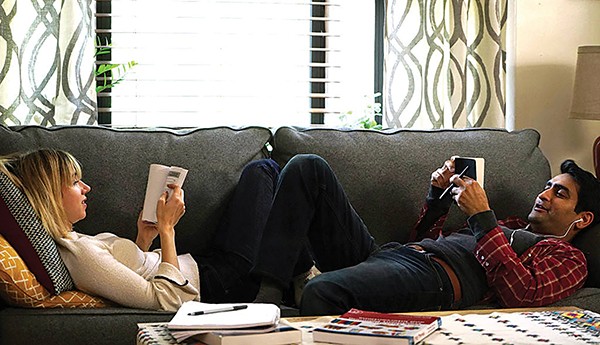In America, it was the worst of times, but inside the multiplex, it was the best of times. Mega-blockbusters faltered, while an exceptional crop of small films excelled. There was never a week when there wasn’t something good playing on Memphis’ big screens. Here’s the Flyer‘s film awards for 2017.
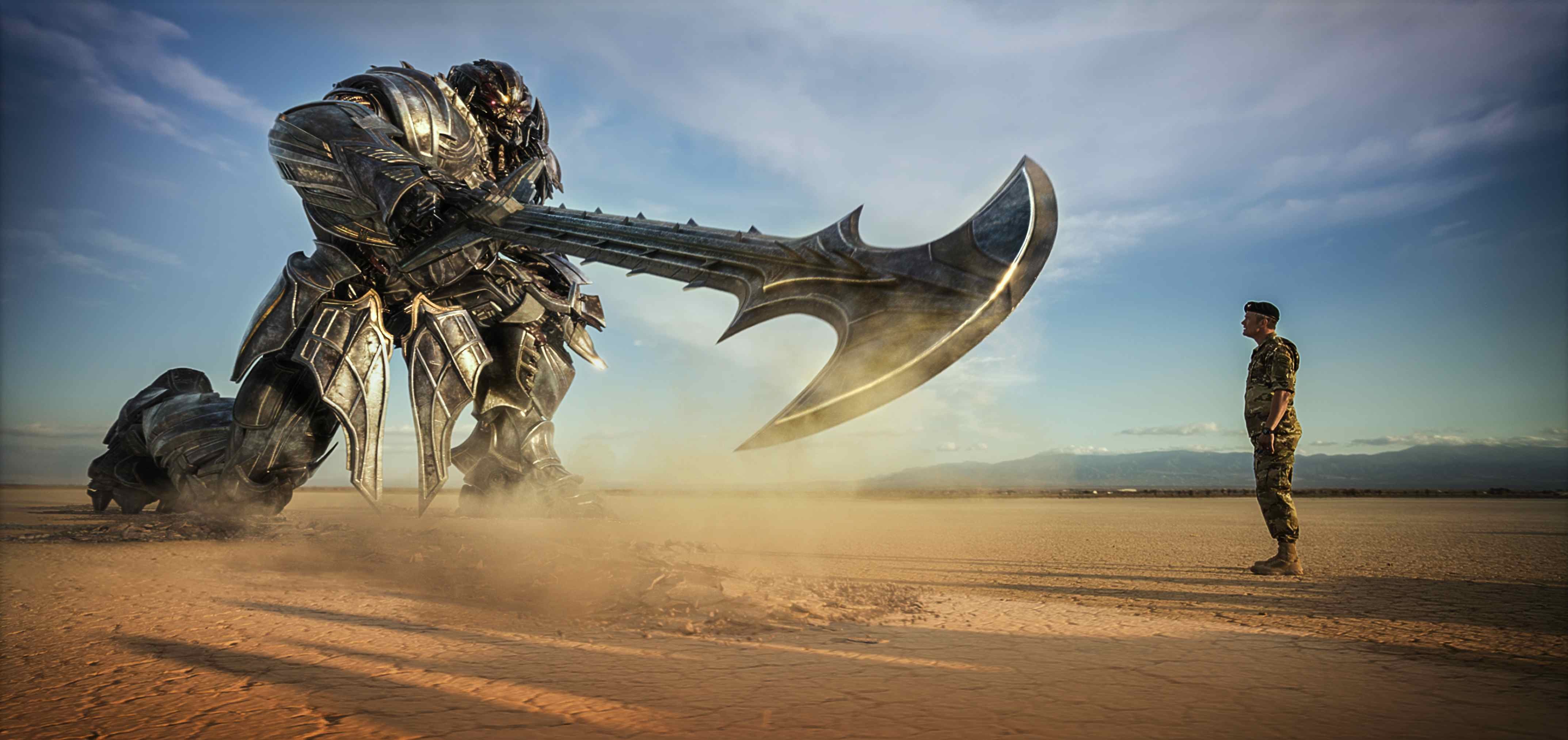
Worst Picture: Transformers: The Last Knight
There was a crap-flood of big budget failures in 2017. The Mummy was horrifying in the worst way. Pirates of the Caribbean: Dead Men Tell No Tales sank the franchise. There was an Emoji Movie for some reason. What set Michael Bay’s nadir apart from the “competition” was its sneering contempt for the audience. I felt insulted by this movie. Everyone involved needs to take a step back and think about their lives.
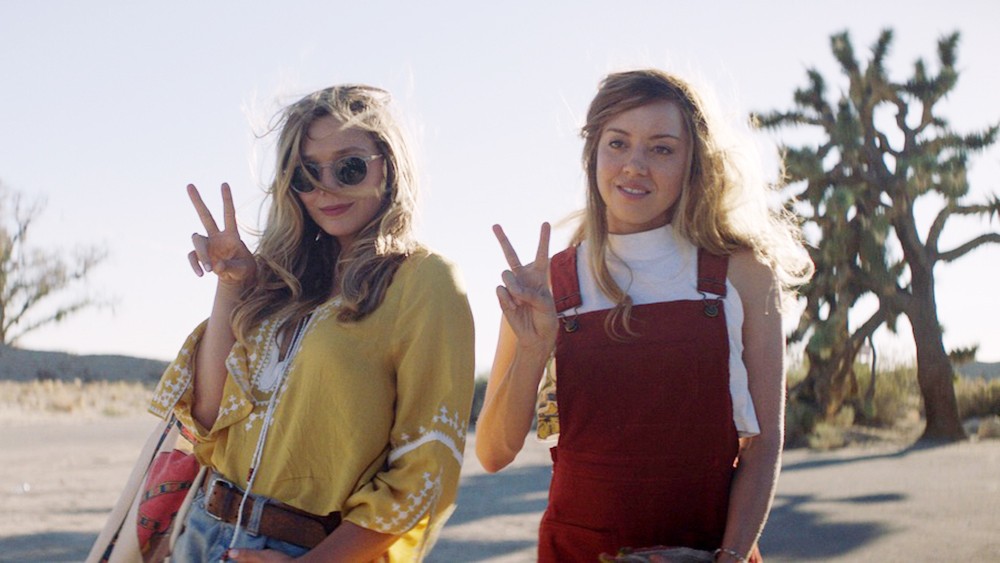
Zeitgiestiest: Ingrid Goes West
In the first few years of the decade, our inner worlds were reshaped by social media. In 2017, social media reshaped the real world. No film better understood this crucial dynamic, and Aubrey Plaza’s ferociously precise performance as an Instagram stalker elevates it to true greatness.
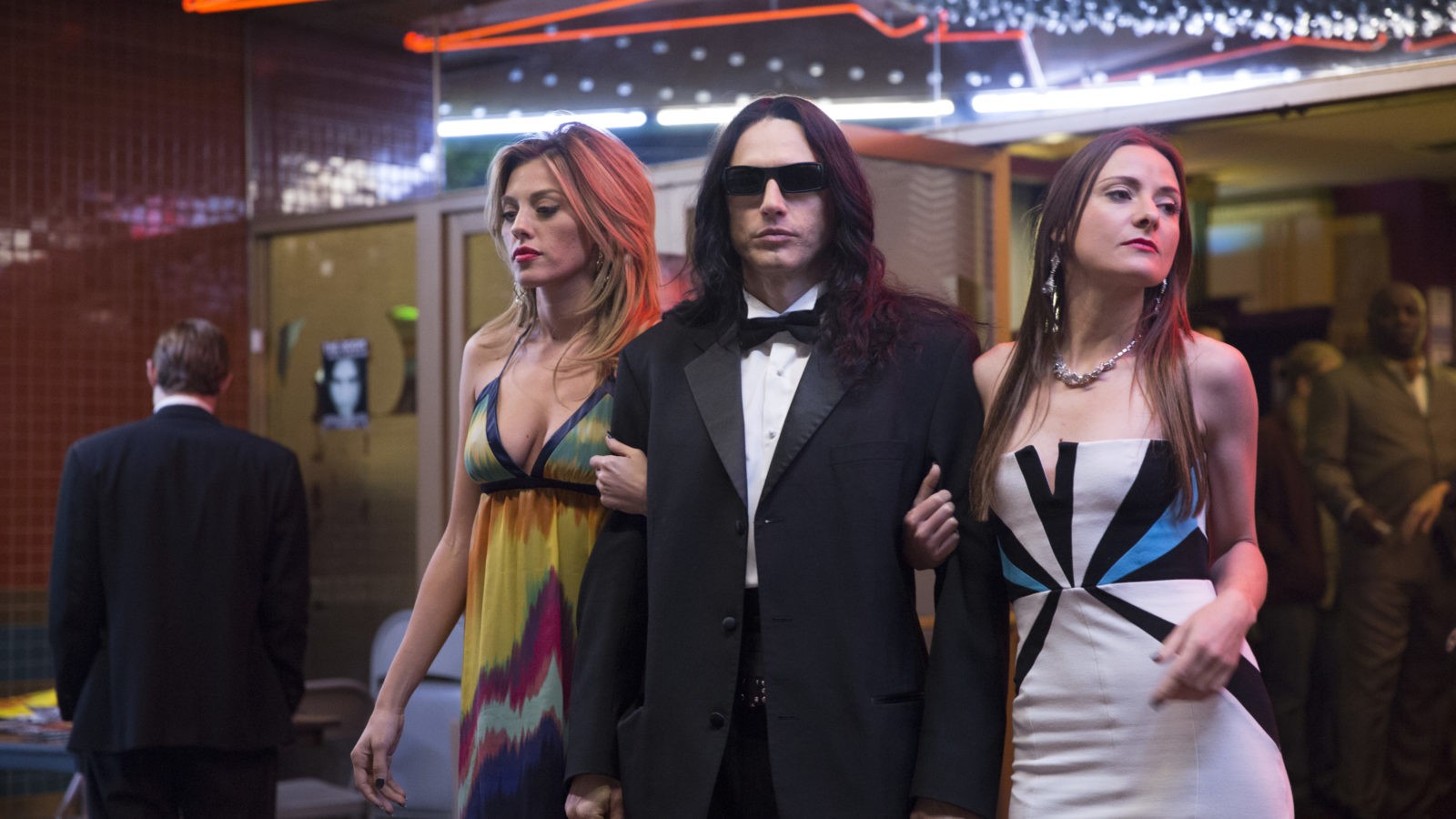
Most Recursive: The Disaster Artist
James Franco’s passion project is a great film about an awful film. He is an actor dismissed as a lightweight doing a deep job directing a film about the worst director ever. He does a great job acting as a legendarily bad actor. We should be laughing at the whole thing, but somehow we end up crying at the end. It’s awesome.
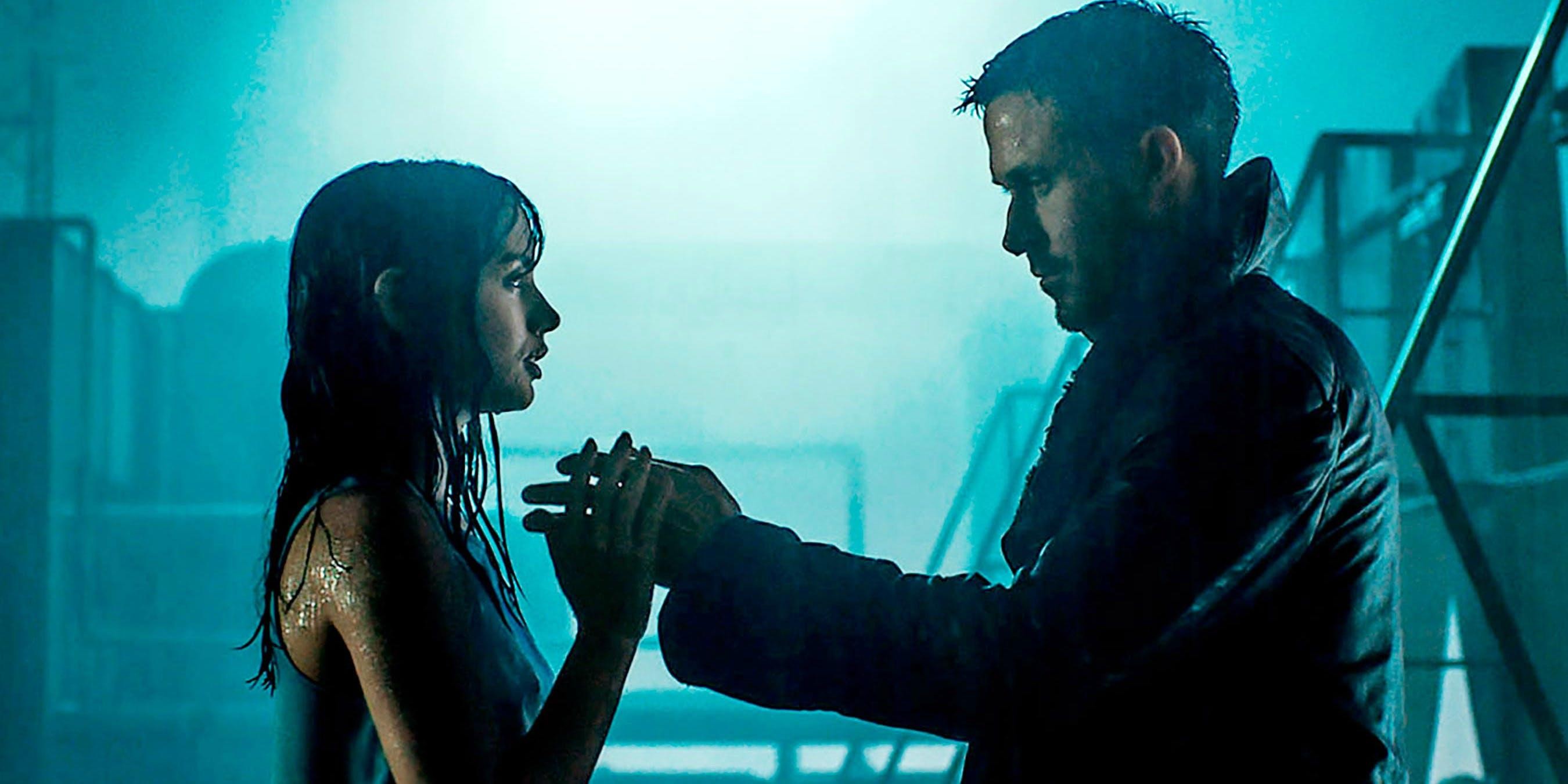
Overlooked Gem: Blade Runner 2049
How does a long-awaited sequel to one of the greatest sci-fi films of all time, directed by one of the decade’s best directors, co-starring a legendary leading man and the hottest star of the day, end up falling through the cracks? Beats me, but if you like Dennis Villaneuve, Harrison Ford, Ryan Gosling, smart scripts, and incredible cinematography, and you didn’t see this film, rectify your error
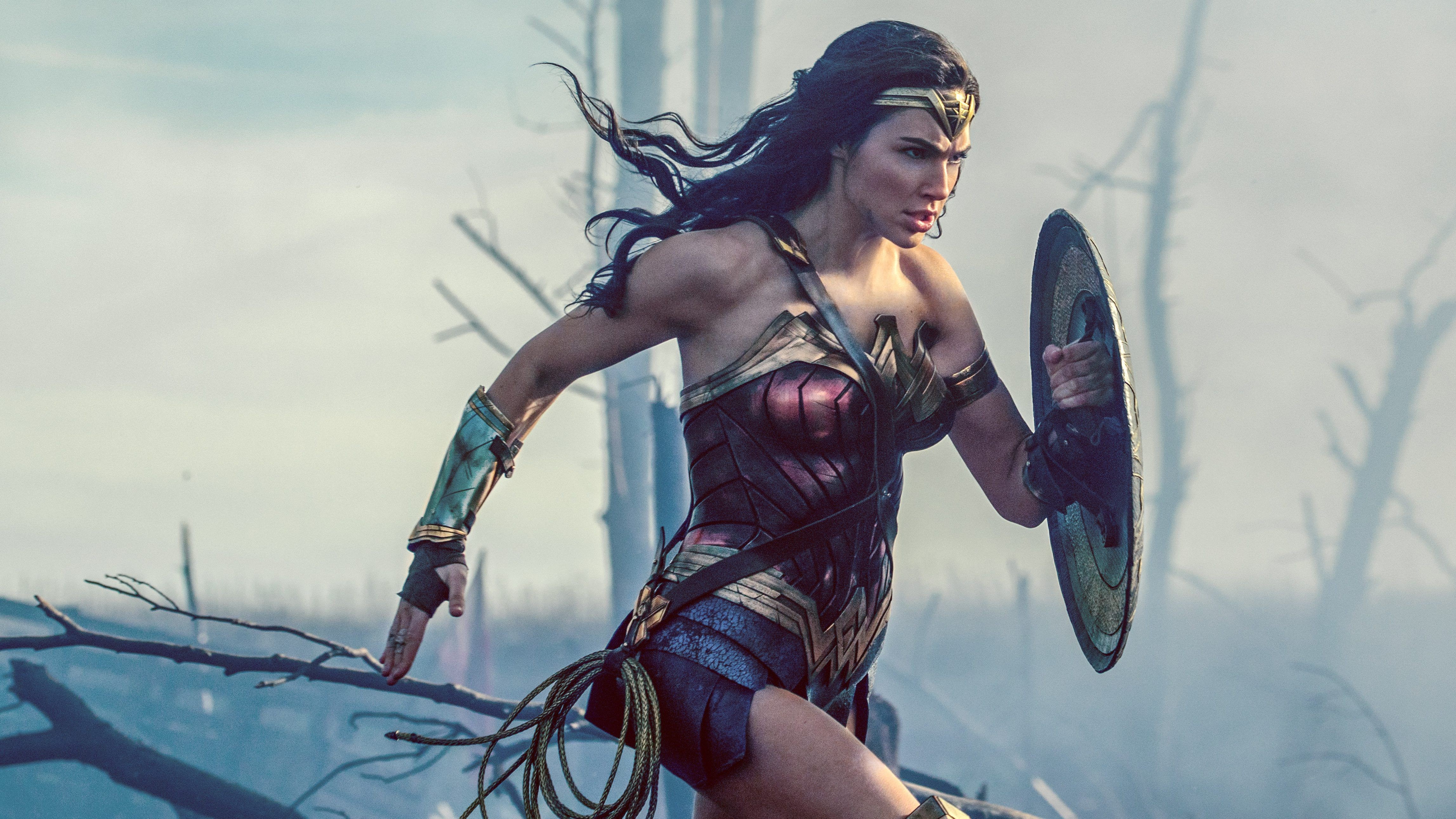
Best Scene: Wonder Woman in No Man’s Land
The most successful superhero movie of the year was Patty Jenkins’ Wonder Woman. Midway through the picture, our hero leads a company of soldiers across a muddy World War I battlefield. Assailed on every side by machine gun fire and explosions, Wonder Woman presses on, never wavering, never doubting, showing the fighting men what real inner strength looks like. In this moment, Gal Gadot became a hero to millions of girls.
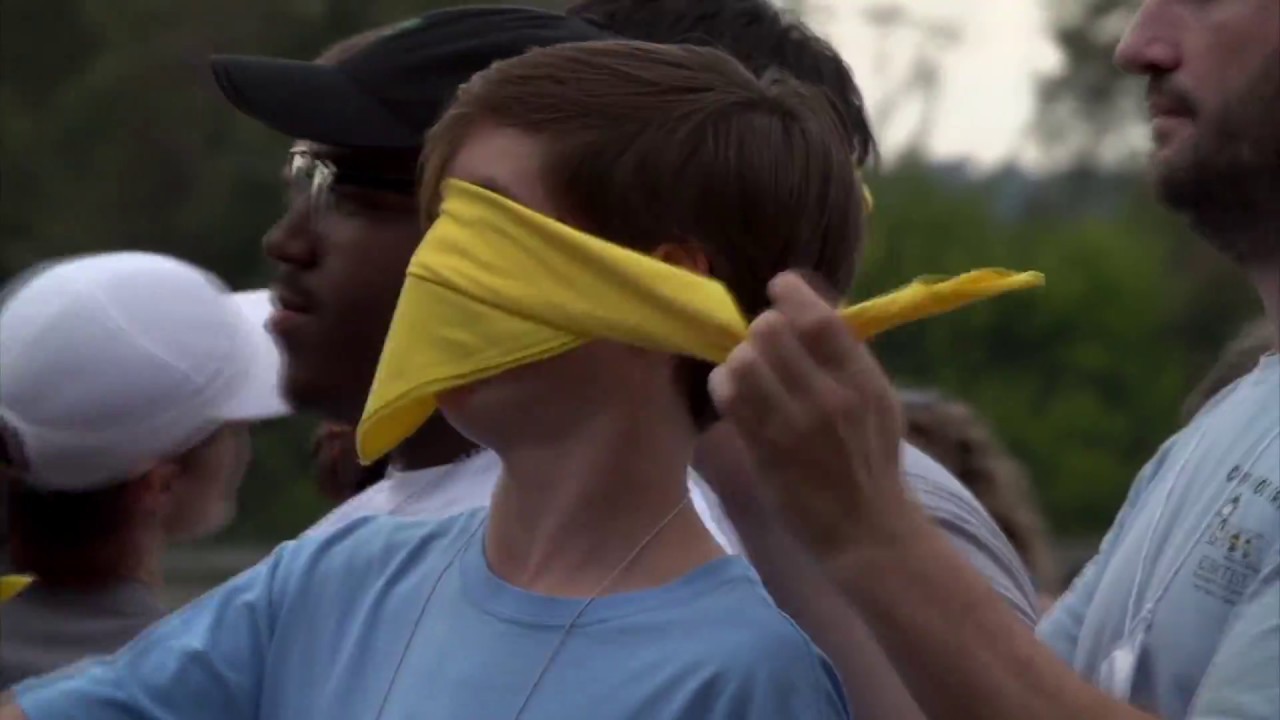
Best Memphis Movie: Good Grief
Melissa Anderson Sweazy and Laura Jean Hocking’s documentary Good Grief rose above a highly competitive, seven-film Hometowner slate at Indie Memphis to sweep the feature awards. It is a delicate, touching portrait of a summer camp for children who have lost loved ones due to tragedy. Full disclosure: I’m married to one of the directors. Fuller disclosure: I didn’t have a damn thing to do with the success of this film.
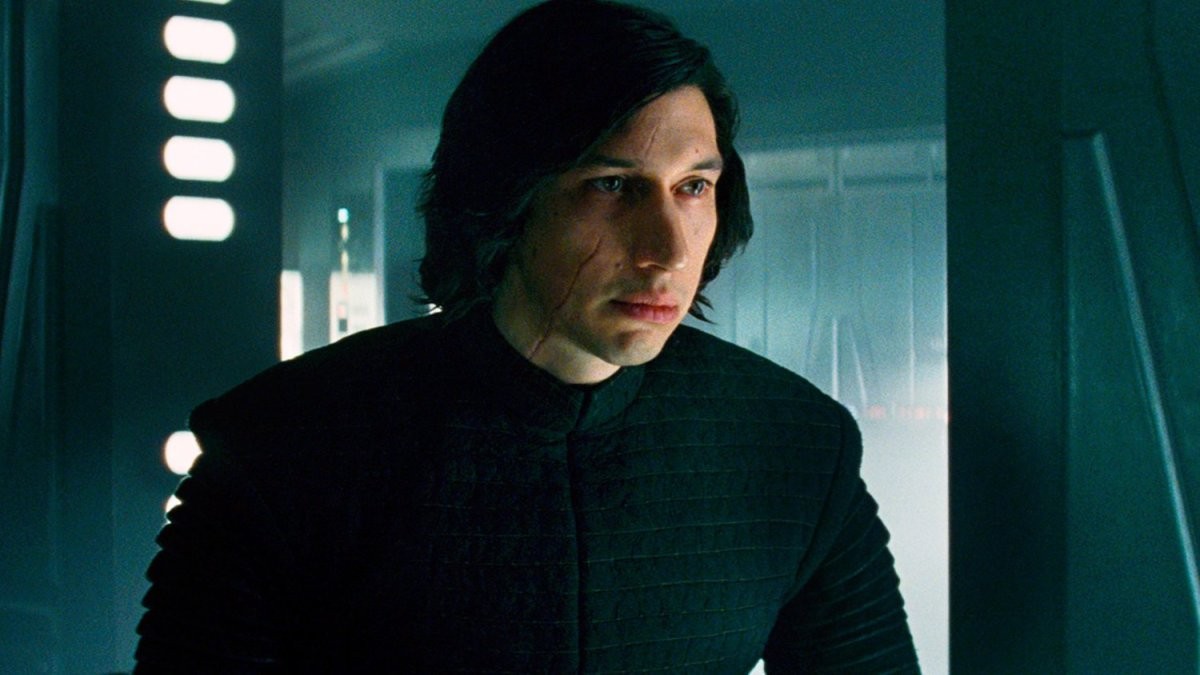
MVP: Adam Driver
Anyone with eyes could see former Girls co-star Adam Driver was a great actor, but he came into his own in 2017 with a trio of perfect performances. First, he lost 50 pounds and went on a seven-day silent prayer vigil to portray a Jesuit missionary in Martin Scorsese’s Silence. Then he was Clyde Logan, the one-armed Iraq vet who helps his brother and sister rob the Charlotte Motor Speedway in Stephen Soderberg’s Logan Lucky. Finally, he was Kylo Ren, the conflicted villain who made Star Wars: The Last Jedi the year’s best blockbuster.
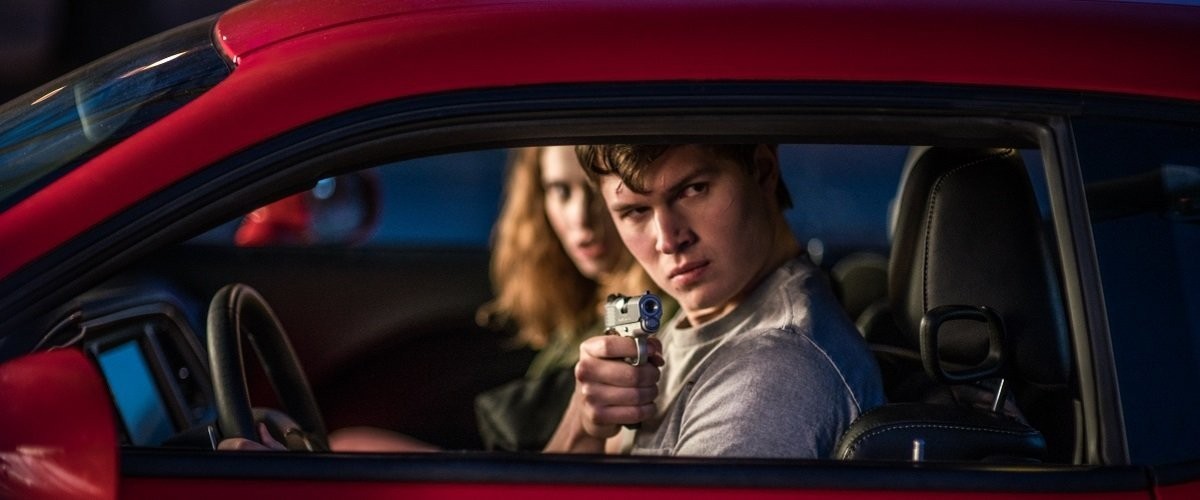
Best Editing: Baby Driver
Edgar Wright’s heist picture is equal parts Bullitt and La La Land. In setting some of the most spectacular car chases ever filmed to a mixtape of sleeper pop hits from across the decades, Wright and editor Jonathan Amos created the greatest long-form music video since “Thriller.”
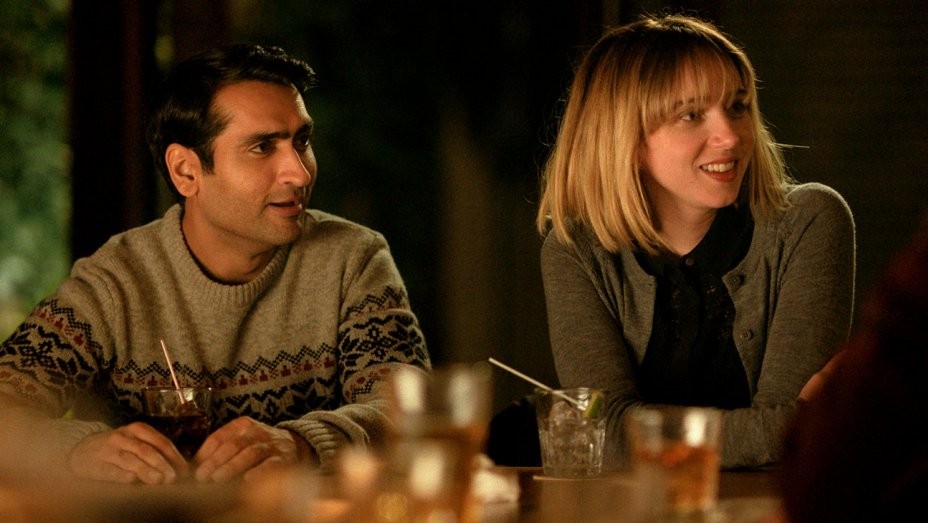
Best Screenplay: The Big Sick
Screenwriter Emily V. Gordon, and comedian Kumail Nanjiani turned the story of their unlikely (and almost tragic) courtship into the year’s best and most humane comedy.
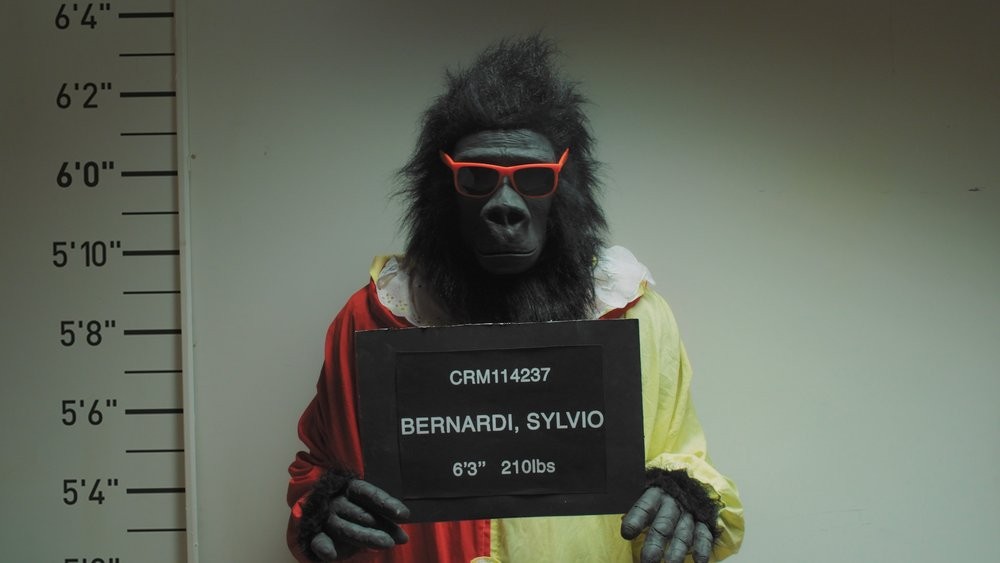
Best Performance By A Nonhuman: Sylvio Bernardi, Sylvio
In this hotly contested category, 2014 winner Caesar, the ape commander of War For The Planet Of The Apes, was narrowly defeated by a simian upstart. Sylvio, co-directed by Memphian Kentucker Audley, is a low-key comedy about a mute monkey in sunglasses (played by co-director Albert Binny) who struggles to keep his dignity intact while breaking into the cutthroat world of cable access television. Sylvio speaks to every time you’ve felt like an awkward outsider.
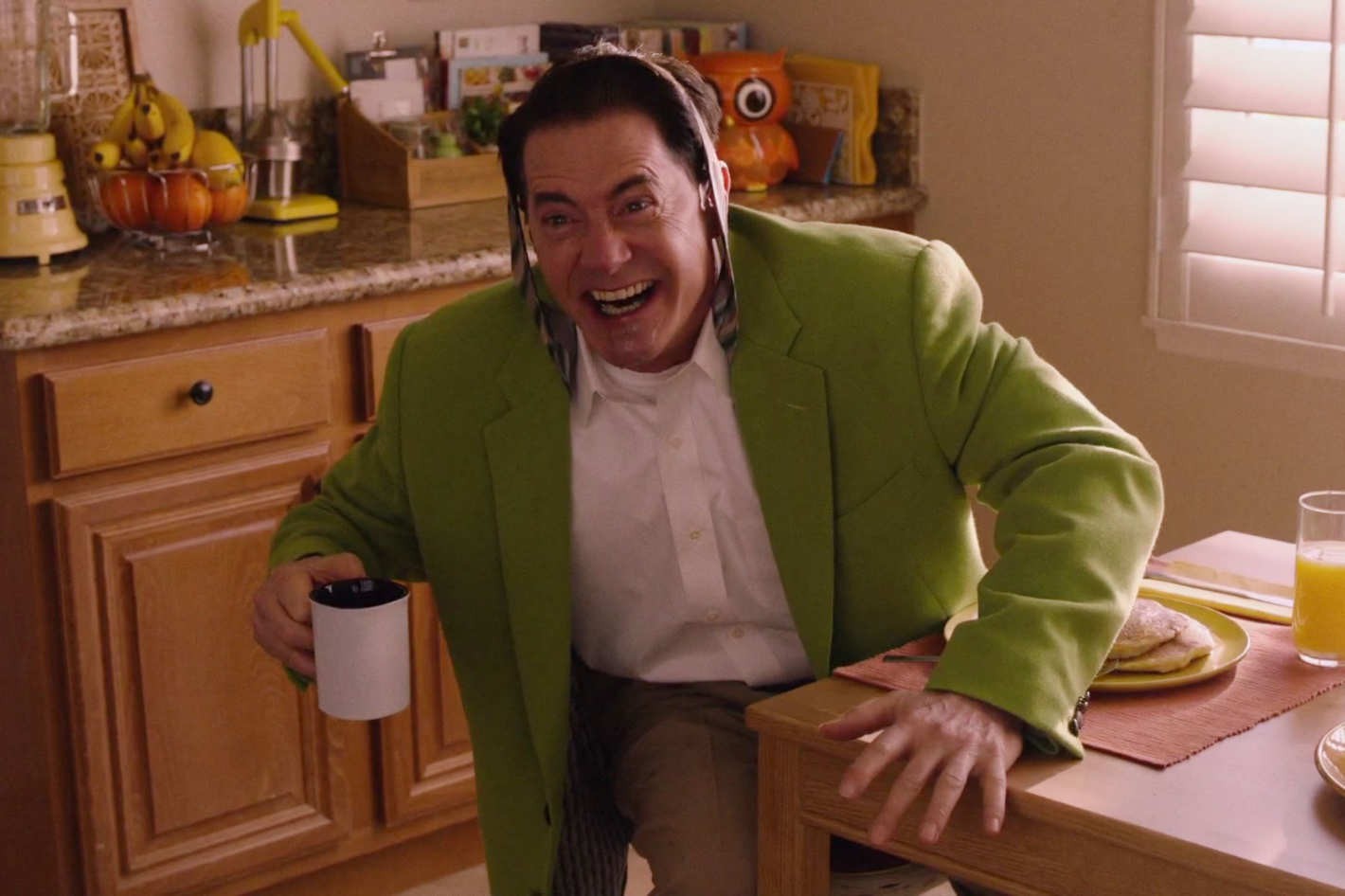
Best Performance (Honorable Mention): Kyle MacLachlan, Twin Peaks: The Return
David Lynch referred to his magnum opus as an 18-hour film, but Twin Peaks is a TV series to its core. The Return may be the crowning achievement of the current second golden age of television, but without MacLachlan’s beyond brilliant performance, Lynch’s take-no-prisoners surrealism would fly apart. I struggle to think of any precedent for MacLachlan’s achievement, playing at least four different versions of Special Agent Dale Cooper, whose identity gets fractured across dimensions as he tries to escape the clutches of the Black Lodge.
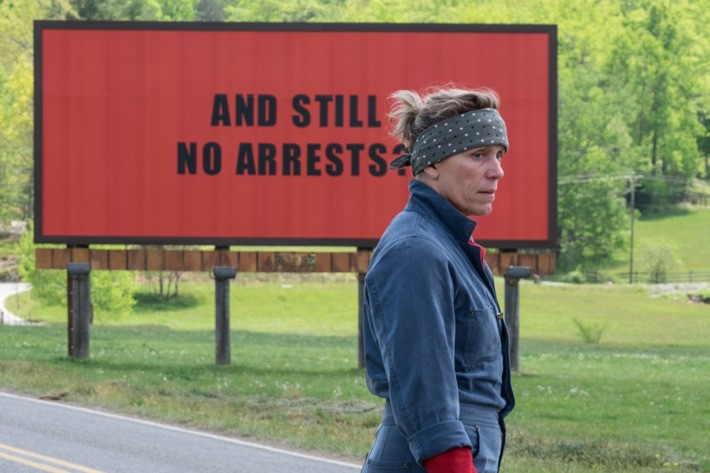
Best Performance: Francis McDormand, Three Billboards Outside Ebbing, Missouri
Sometimes the best film performers are the ones who do the least, and no one does nothing better than Francis McDormand. As the mother of a murdered daughter seeking the justice in the court of public opinion she was denied in the court of law, McDormand stuffs her emotions way down inside, so a clenched jaw or raised eyebrow lands harder than the most impassioned speech.
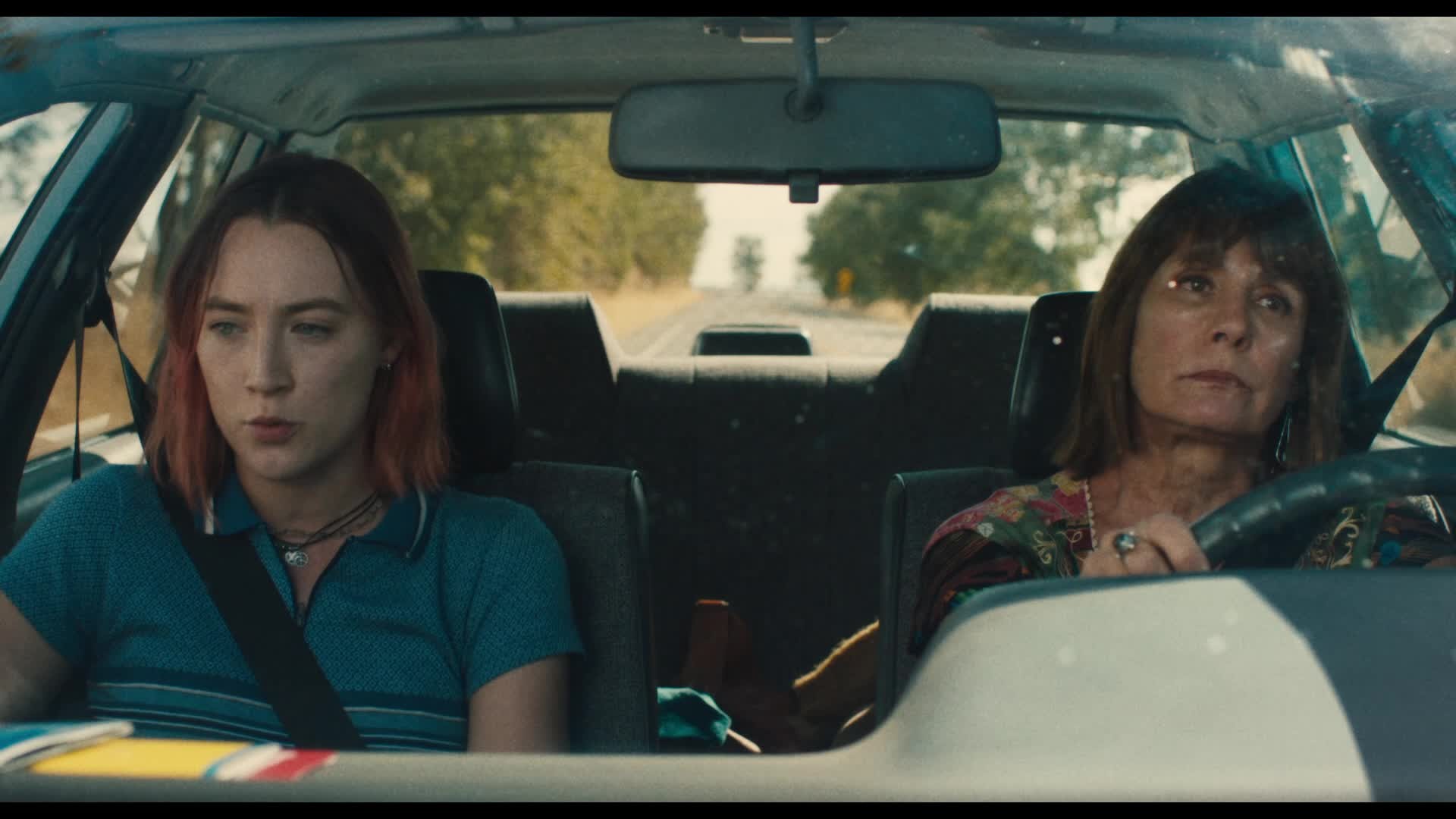
Best Director: Greta Gerwig, Lady Bird
Lady Bird is destined to be a sentimental, coming-of-age classic for a generation of women. But it is not itself excessively sentimental. Greta Gerwig and star Saoirse Ronan are clear-eyed about their heroine’s failings and delusions as she navigates the treacherous psychic waters of high school senior year. Gerwig, known until now primarily as an actor, wrote and directed this remarkably insightful film that is as close to perfection as anything on the big screen in 2017.
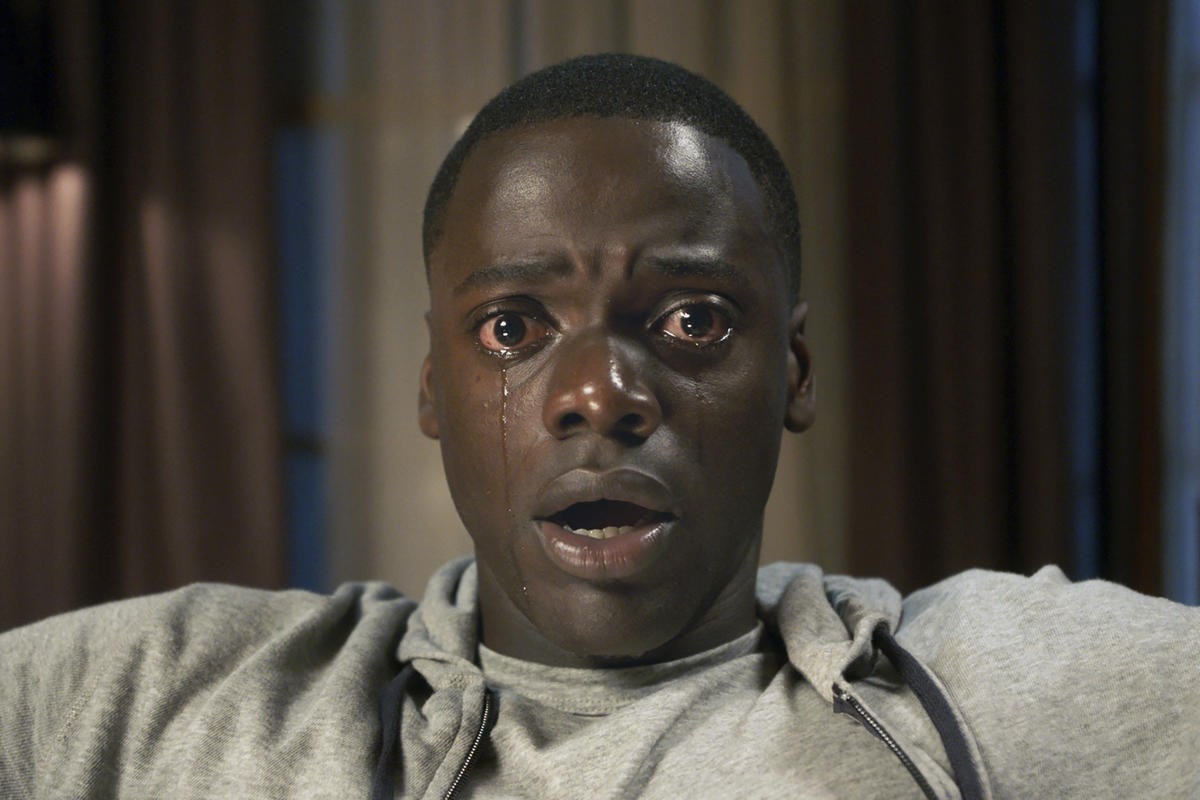
Best Picture: Get Out — In prepping for my year-end list, I re-read my review for Get Out, which was positive but not gushing. Yet I have thought about this small, smart film from comedian Jordan Peele more than any other 2017 work. Peele took the conventions of horror films and shaped them into a deeply reasoned treatise on the insidious evil of white supremacy. Sometimes, being alive in 2017 seemed like living in The Sunken Place, and Peele’s film seems like a message from a saner time.
